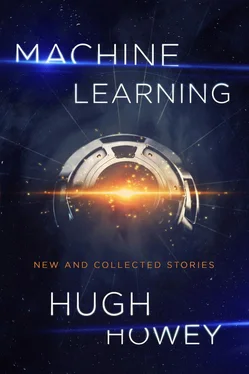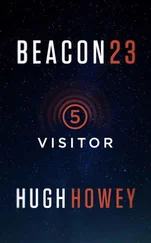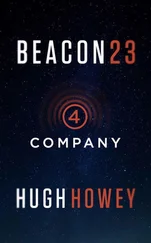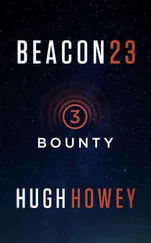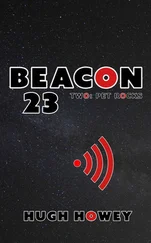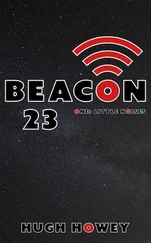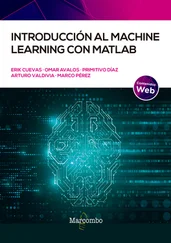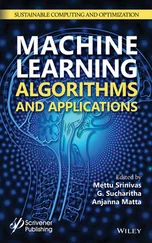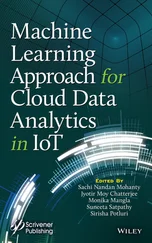“I’m dabbling in art, actually.” He glanced at Samualson and hoped the shame of the lie would adequately mimic the shame of the truth he was hiding.
“Art?” His friend chuckled softly as he pressed the pads to his temples. “Good luck with that.”
“It’s all luck,” Adam admitted. “Are you still working on that same protein?”
Samualson flipped open a pad of paper and touched a pen to his tongue, a nervous tic more than a functional act. The woman interfaced on the other side of him twitched, her head leaping up from her folded arms then crashing back down again. “Yup,” Samualson said. He slid pages up the spiral-bound pad to find his place. Adam saw line after line of four letters repeated: CTTGACATGCA… It seemed like mind-numbing work. He imagined his friend peering into a virtual microscope, or cyclotron, or whatever biologists used, and memorizing a few hundred letters at a time—jacking out—writing them down—jacking back in. It gave Adam a headache just thinking about it and made him appreciate his own work. If they transcribed a few letters the wrong way, a cure for liver cancer might instead turn a poor kid into a glow stick. If Adam got a word or two wrong, nobody knew or really cared. Unlike his brief haiku, the sheer mass of a full-length piece of writing could absorb a handful of mistakes.
The machine at Adam’s feet beeped, letting him know he had a connection to the school’s server farm. Adam liked that it was called a “farm.” He smiled at the thought of worlds springing up from plowed rows of dirt, cloudlike shrouds unwrapping to reveal blue and spiral-green planets of life. The word “farm,” of course, was a holdover from the clusters of computers, the server farms, used at places like Pixar, where virtual worlds were created for entertainment. It took a while before the productive uses of such worlds were understood. Once they were, the result was often referred to as the third great agricultural revolution. Sim farms, in just the last decade, had sprouted all over the place. Government-owned, university-owned, even a few private ones. The flood of research from these farms drowned out all the work done in the real world. A theory would be published in the morning and overturned by mid-afternoon. Planetary formation and plate tectonics; punctuated equilibrium and mass extinctions; arsenic-based life forms and exoskeletons. If you weren’t jacked in, you weren’t playing.
Science became exciting again overnight. It moved to the forefront much like the days of the great space race in the previous century. Everyone wanted the red blisters on their temples from too much virtual time—the badges of important work being made. Universities and even high schools changed tack overnight, catering to the surge in computer science and math majors. The hard stuff dominated the soft sciences, and the liberal arts soon clamored for a place on campus. This scientific renaissance lasted three years—and then there was Dylan Pyle to restore order.
Adam’s temples began to heat up as the interface computer booted. His thoughts turned to Dylan Pyle as the connection took hold.
Eight years ago, nobody had ever heard of Dylan, nor should they have ever. A biology research assistant with dim prospects, Dylan transformed overnight into the greatest living author of all time. His debut novel, Whispering to Ghosts, won every award it qualified for, and some that were marginal. He followed it up with a crime novel that rewrote all the rules, and then came a young adult tome as successful as it was massive. The only thing more surprising than this young man’s mix of prolificacy and talent was his refusal to take his writing career seriously. “I dabble,” he would say in rare interviews. “I’m a scribbler, nothing more.” The reticence to accept his talent, the reclusiveness, the desire to stay on as a humble research assistant, to pour himself into his lab work—it all served to heighten his fame. The glass bubble around him survived three years of awe and praise. It shattered when a fellow researcher discovered Dylan’s secret: the boy had a single talent, one of near-photographic memory. He was found in one of his research worlds reading a novel in a park and committing the prose to memory. Selecting from the top writers of several worlds, he had translated their genius into his own, word for word, colon for colon.
Adam felt a tingle at the base of his skull, then a buzz like electric zippers pulling back over his crown; his skull seemed to split in half. He shivered with the out-of-body experience, the sense of his self floating out the top of his head before it was sucked back into his gut. He grunted, heard an utterance by Samualson get cut off by the transfer, and then he was gone. He was joining the legions of plagiarists who had followed in Dylan Pyle’s wake, soaring down to artificial worlds, scraping them dry of their great art before the scientists were otherwise done with them.
There should have been an uproar, Adam thought. There should have been controversy over what Pyle had done. There should have been outrage. Those would have been normal human responses to having been duped. But a stronger impulse seized the popular imagination: the ability to be great overnight. It was a new type of lottery, one where fame and talent were won rather than simple money. The heyday of the sciences came to a sudden close. Discoveries were still made, of course. Real progress was won in astrophysics, biology, psychology, and other fields. But suddenly, the science wings and computer science centers were overrun with talentless hipsters who thought they had an eye for genius. Courses on memorization were invented. Adderall replaced coffee as the recreational drug of choice. Server farms groaned under the stress. Temples were seared. Tubes of adhesive gel were rolled dry.
The Anti -Renaissance ensued. As Adam logged into his account, he shivered at the memory of it. Hell, he was still living it. The outpouring of stuff, of crap, was so intense, nothing could be seen or heard. The variety and quantity were too much. It was a repeat of what YouFilm did to cinema, what Auto-Tune did to the music industry, what genetic splicing had done to sports. The bar wasn’t raised so much as buried under the pile of crap.
And offline talent, actual talent, rebelled. Farms were attacked, physically, by supposed bands of marginal musicians and writers. The artists and the avant-garde became the new bomb-chuckers. And meanwhile, consumers were pulling away from it all, paralyzed by the sudden confusion of too much choice and novelty. Entire industries suffered.
The interface lab fully dissolved, and an entire universe of simmed worlds appeared before Adam. Here is where he would’ve, a year ago, agonized over the choices available to him. So many worlds full of so many pages of written words, all of them open to his perusal. But it had been a long time since he’d really chosen. He was now more an automaton than the sims he lived among. He moved his virtual self, shifted his awareness, and went to select the planet where his loved one resided—
And that’s when Adam Griffey saw the deletion notice hovering above the planet.
6
It may be erased,
all that is written. Destroyed,
all that’s created.
The deletion notice loomed massive over Hammond. Large white numbers on a red background flicked as they slowly counted down the planet’s final moments. Adam felt his real stomach drop, back on Earth. He felt all the emotions of shock and rage and sadness, even as he floated bodiless through the void. His plans for the night were over. His plans for the week were over. He didn’t have any plans else. Adam’s existence had suddenly become as vapid as this simulated consciousness in the black. He was death.
Читать дальше
